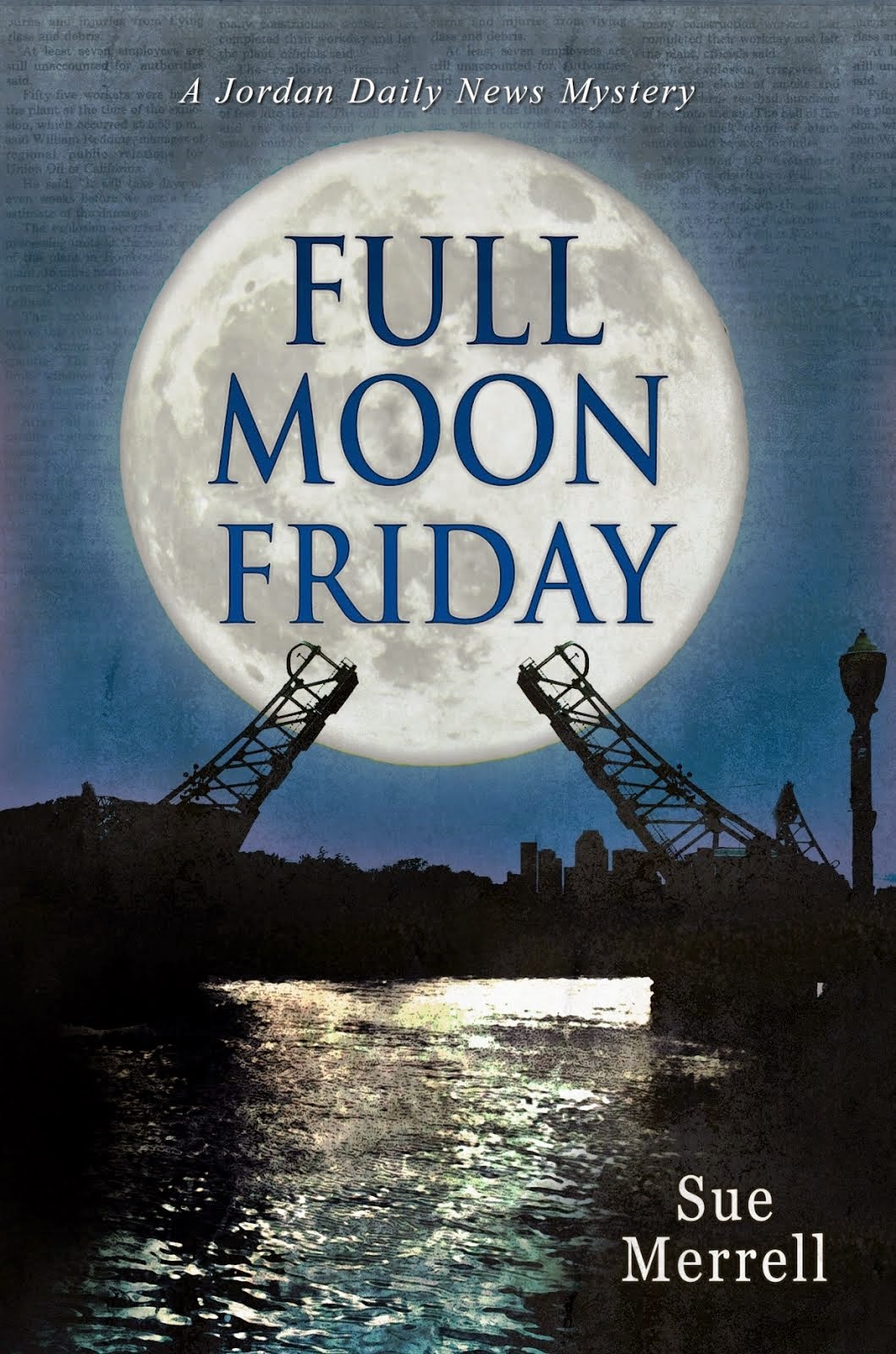Wednesday, January 27, 2016
Why me?
Sometimes an error in a book jumps out at me like an unintended villain, a snarling surprise that interrupts the story.
About half of my 40-year career in journalism was spent editing and rewriting other people's stories. I just can't turn it off.
I'm not as persnickety as some professional editors who know the rules for commas better than the names of their children. My strong suit is rewriting for clarity and smoothness.
Usually, if the story is good enough, I can read right over a run-on sentence or misplaced modifier. But sometimes those errors grab me by the throat and won't let go.
Recently I was reading The Good Girl, a fairly complex thriller by Mary Kubica.Labeled a national bestseller, the book has excellent pacing including a final surprise in the last word. But right away I noticed awkward sentences that could have benefited from a rewrite. Then I stumbled upon a singular verb used with a plural subject. But the mongrels that kept nipping at me were object pronouns, used incorrectly in several spots.
Consider this sentence:
"We sit in the waiting room, James, Mia and me, Mia sandwiched in the middle like the cream filling of an Oreo cookie."
Never mind that these phrases are squished together with a smattering of commas that would give a copy editor nightmares. The monster that growls too loudly to be ignored is the object pronoun "me." These three people are not the objects of any action. They are stand-ins for the subject of the sentence, "We." Would you say "Me sit in the waiting room"? Heavens, no!
Miss Hill, my seventh-grade English teacher, would be throwing an eraser across the room to get the attention of whoever wrote this sentence.
I hesitate to point this out because I am sure readers can find typos in my books. But Jane, my editor, would never miss this one. To my mind, that's where the blame belongs. Mary Kubica has written an amazing story, but her editor either didn't have adequate training or adequate time to polish the work properly.
I see it happening more and more these days, not just in self-published works that may not have professional editing, but also in books from major publishers. Writing has become slap-dash. It's like an assembly line turning out cars that run well but haven't been painted. Good grammar is not a corner that can be cut.
Subscribe to:
Post Comments (Atom)





No comments:
Post a Comment